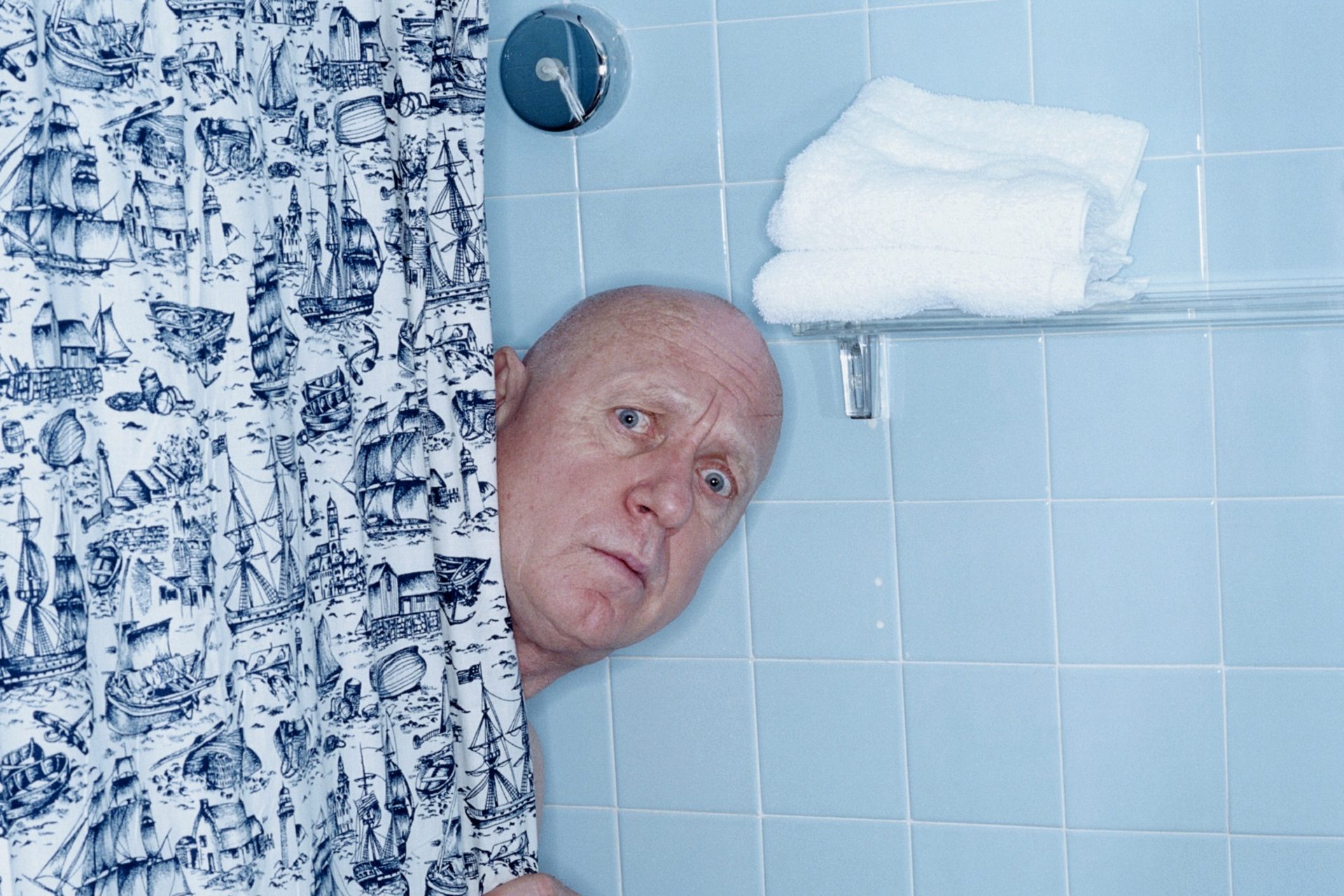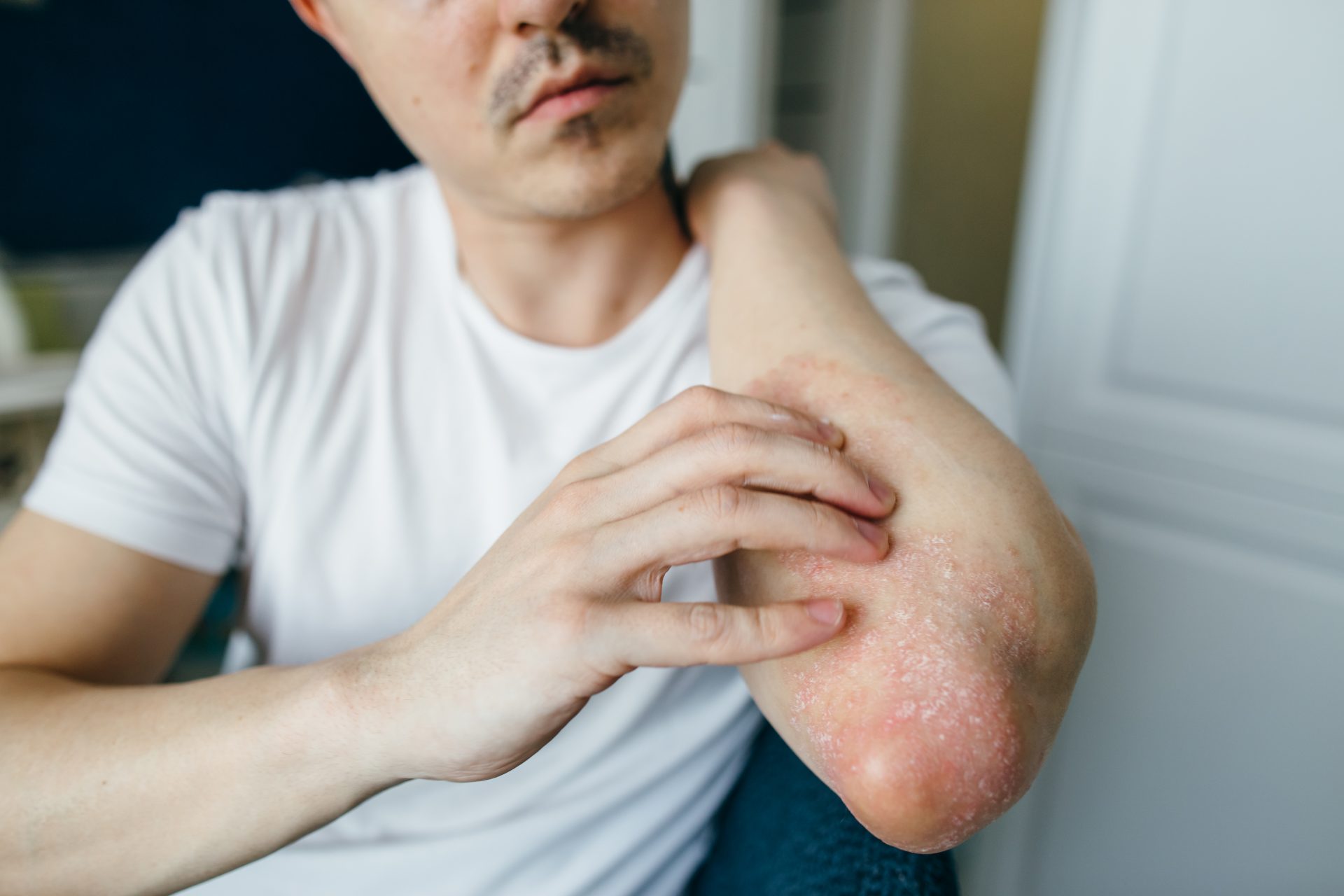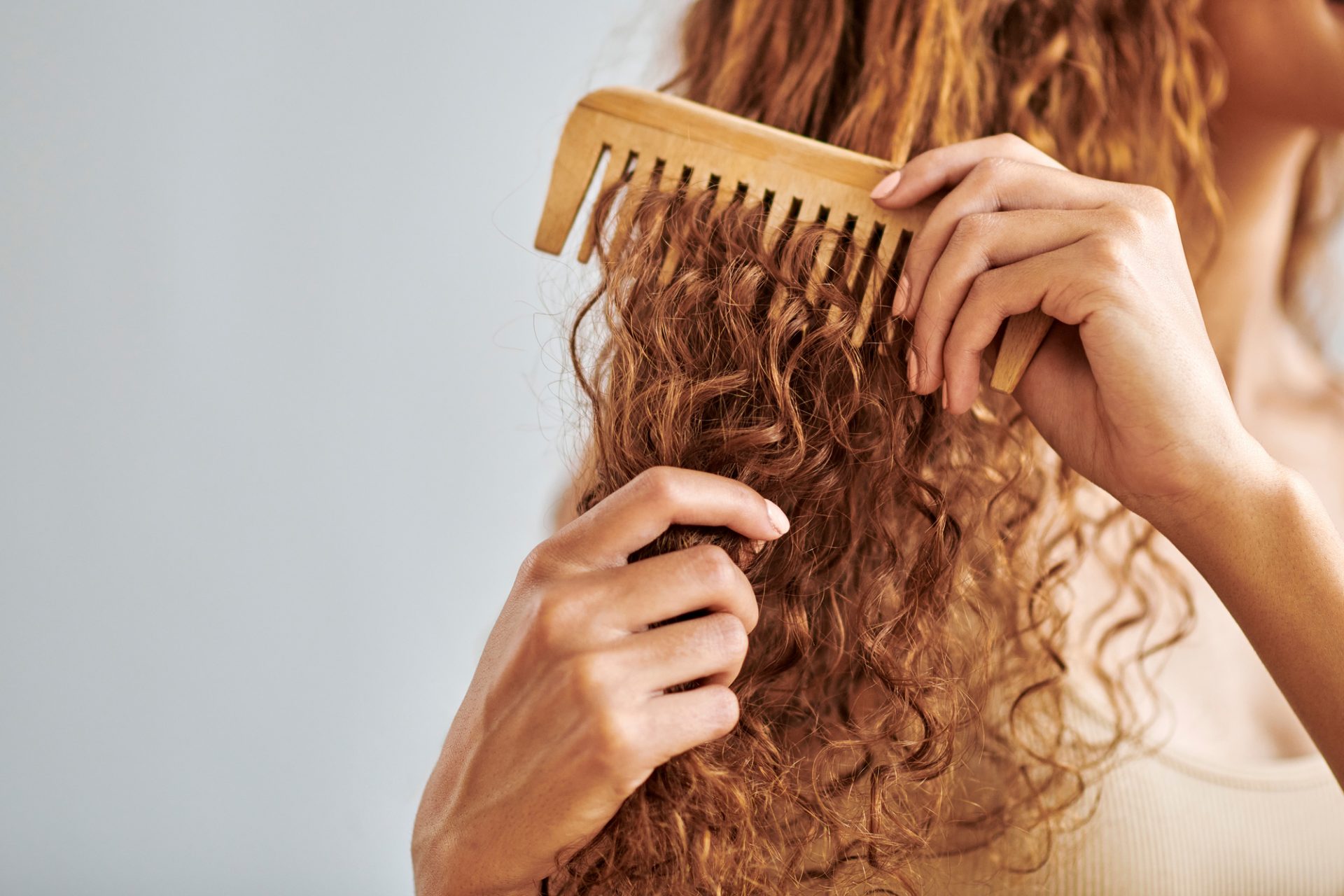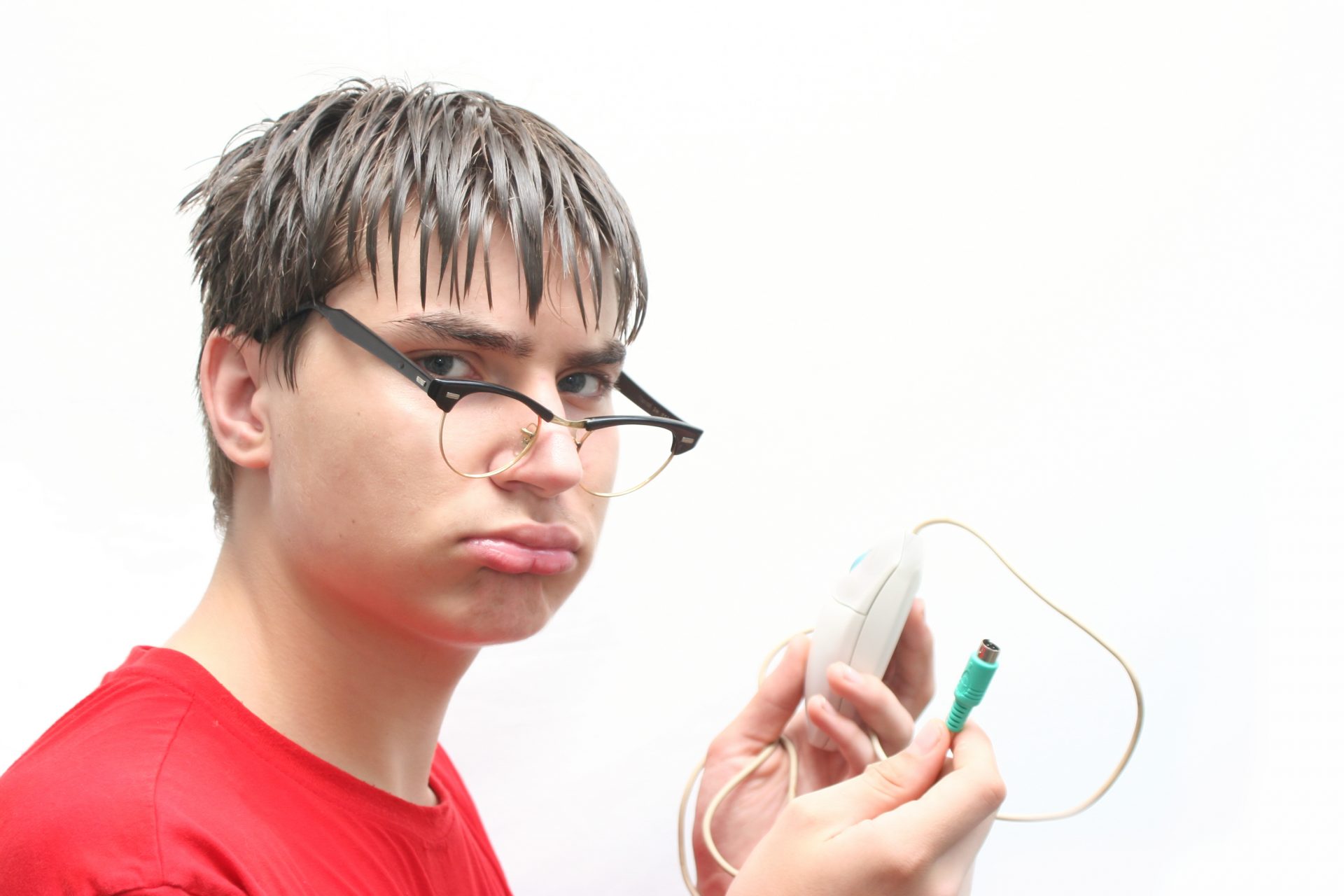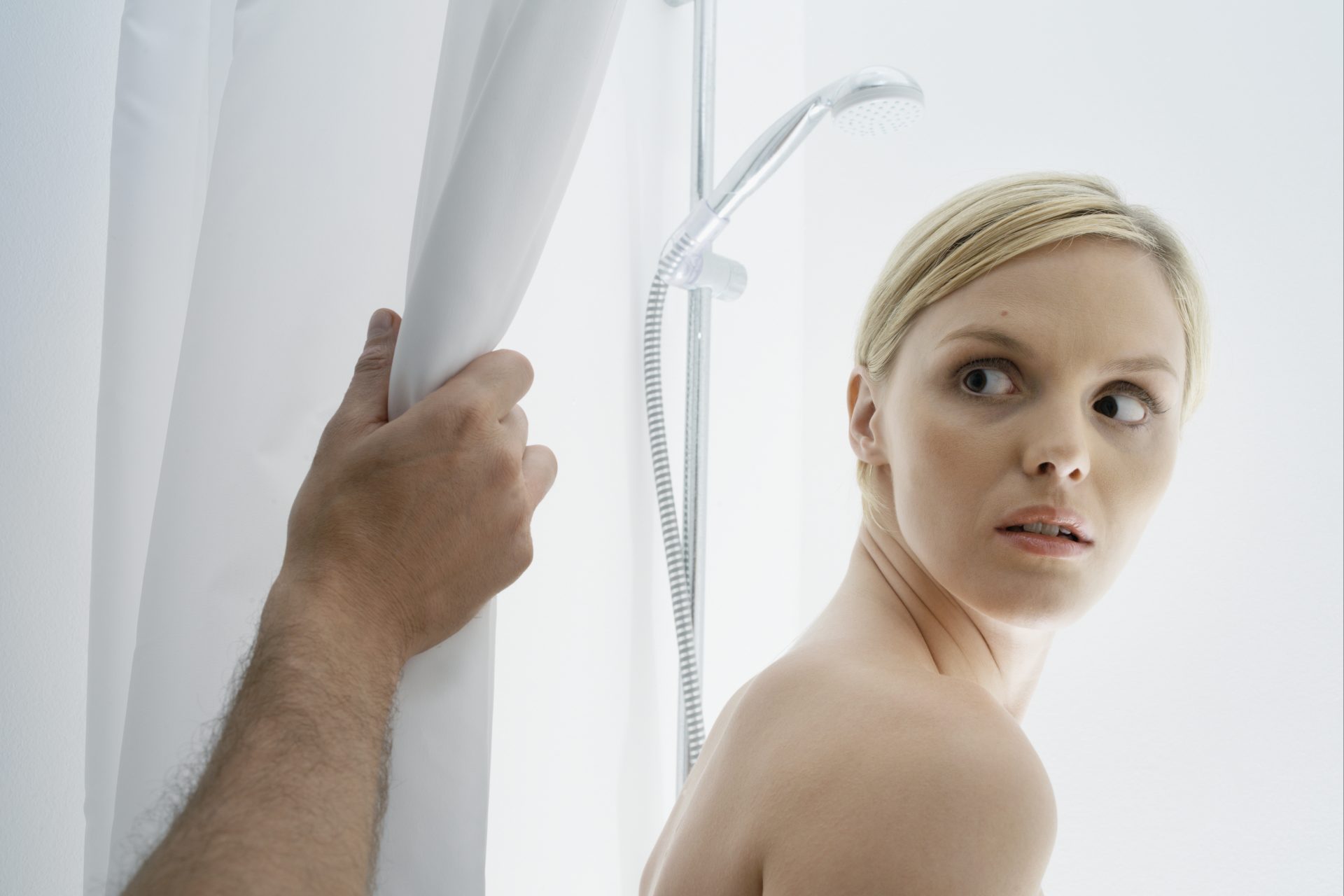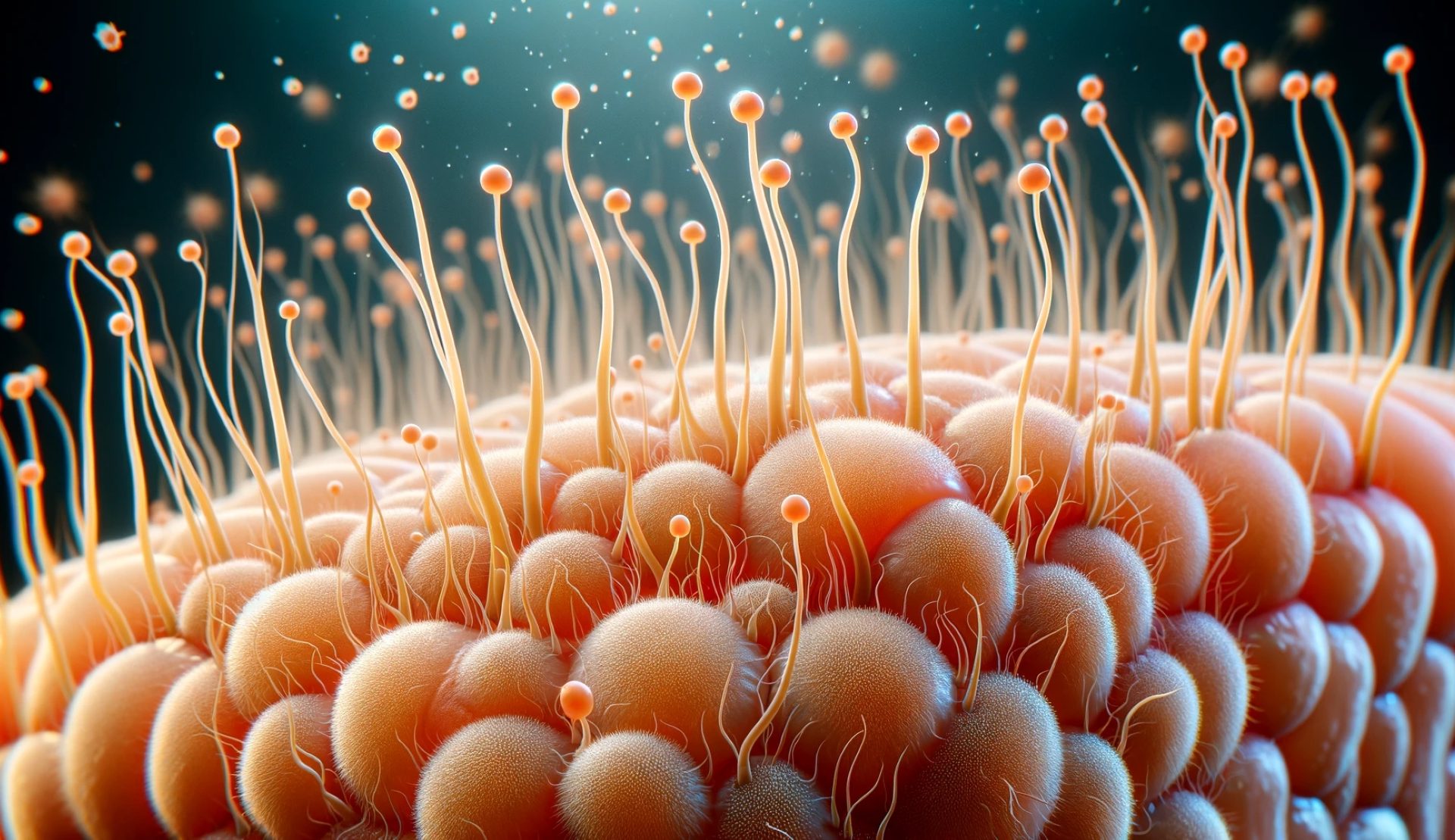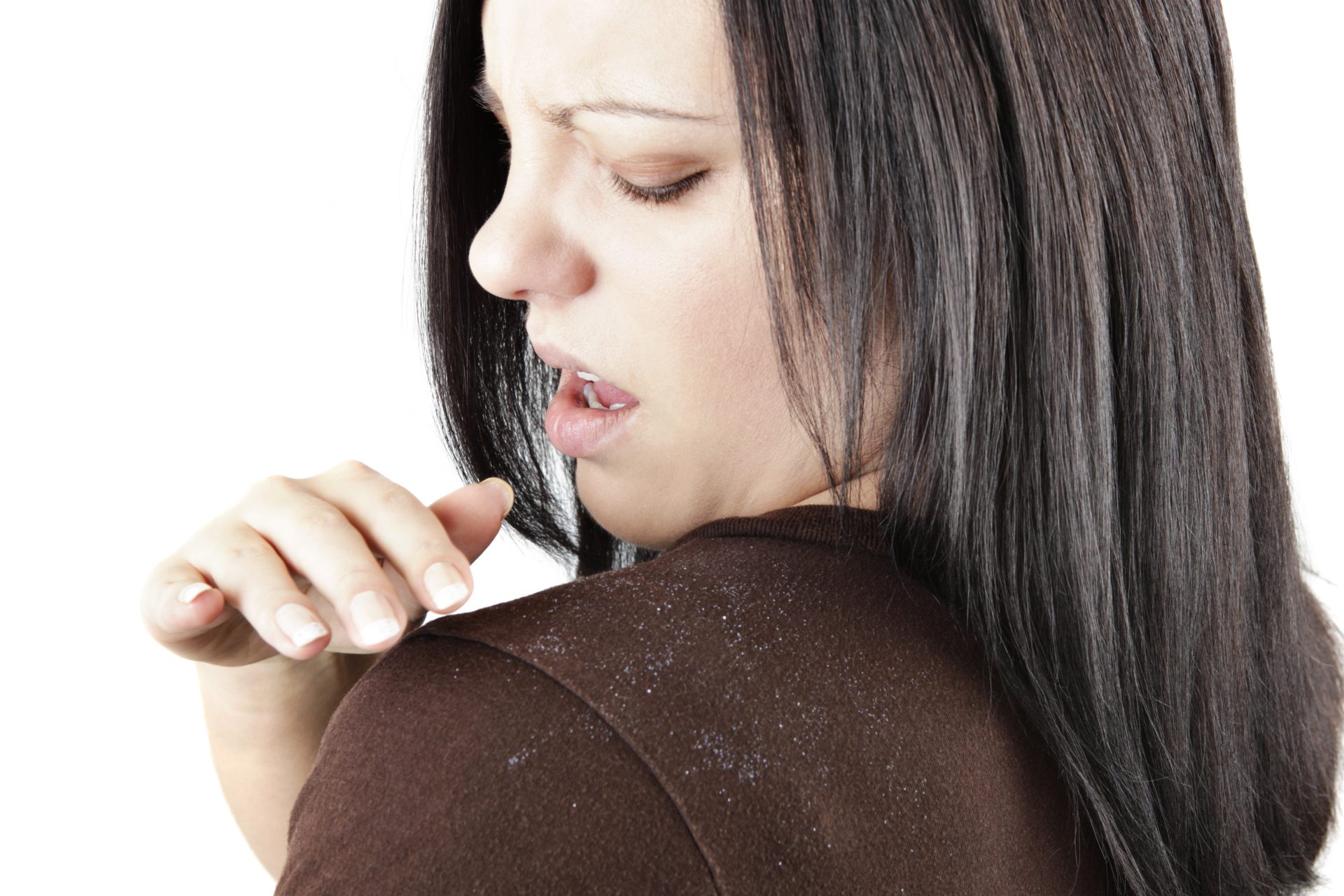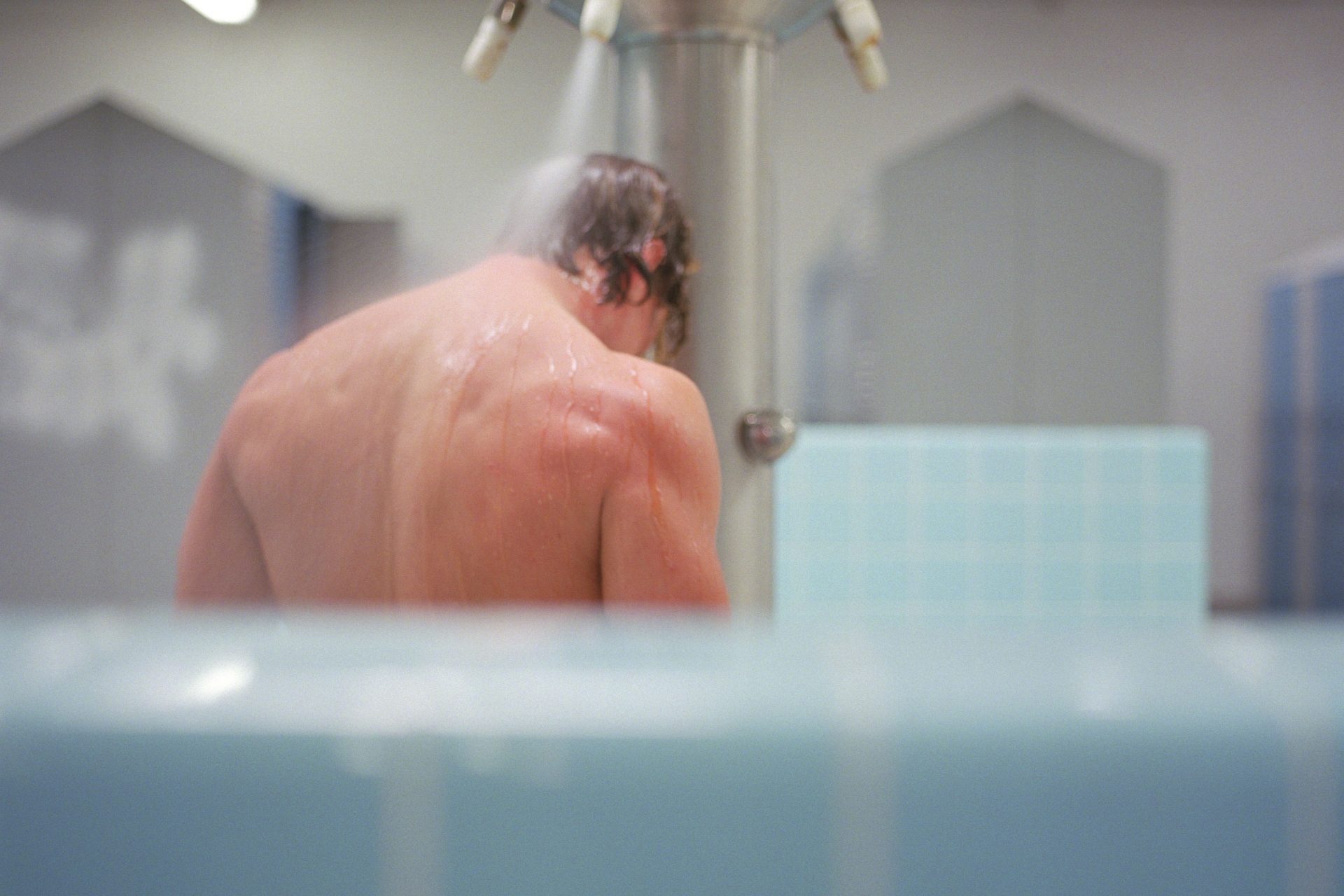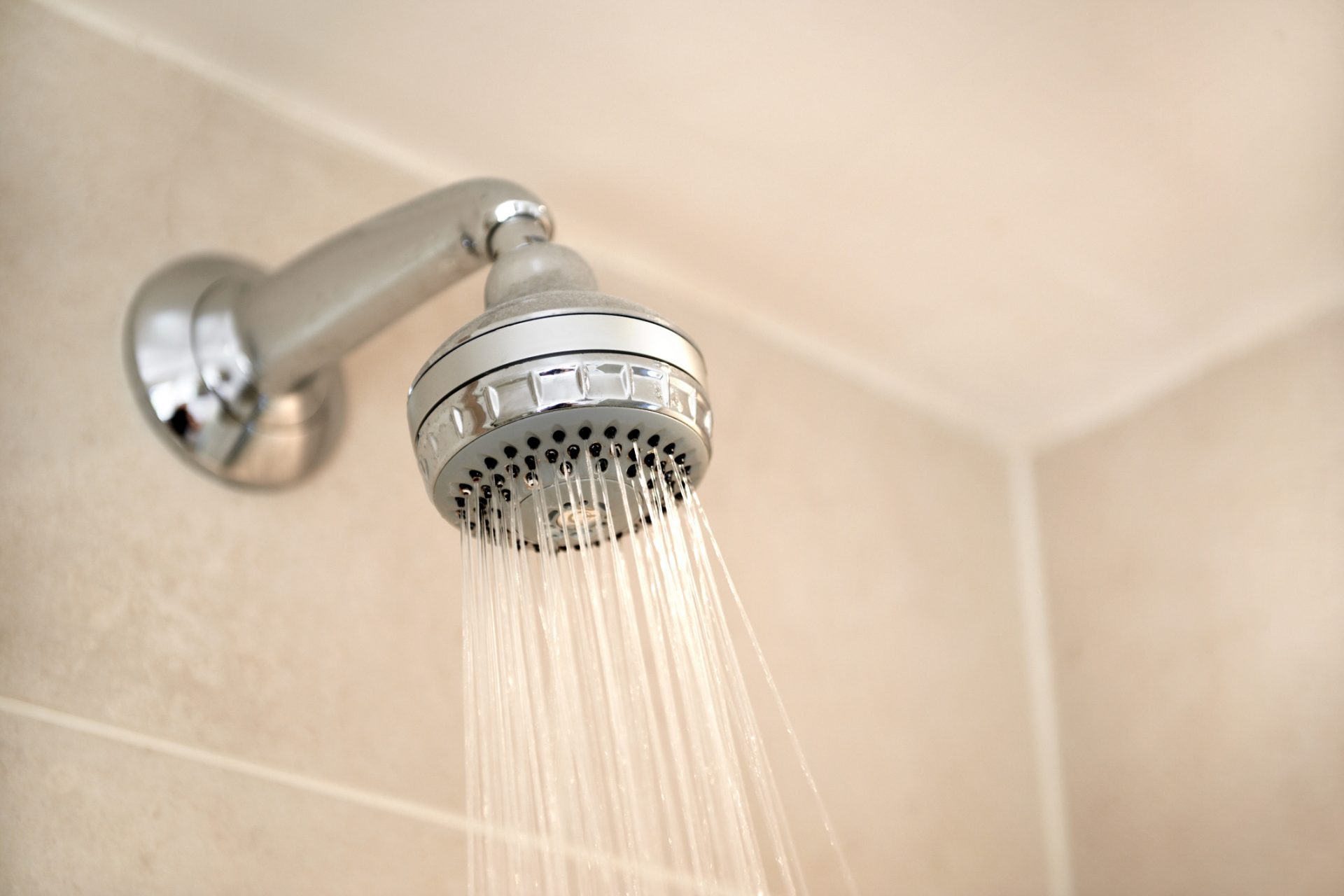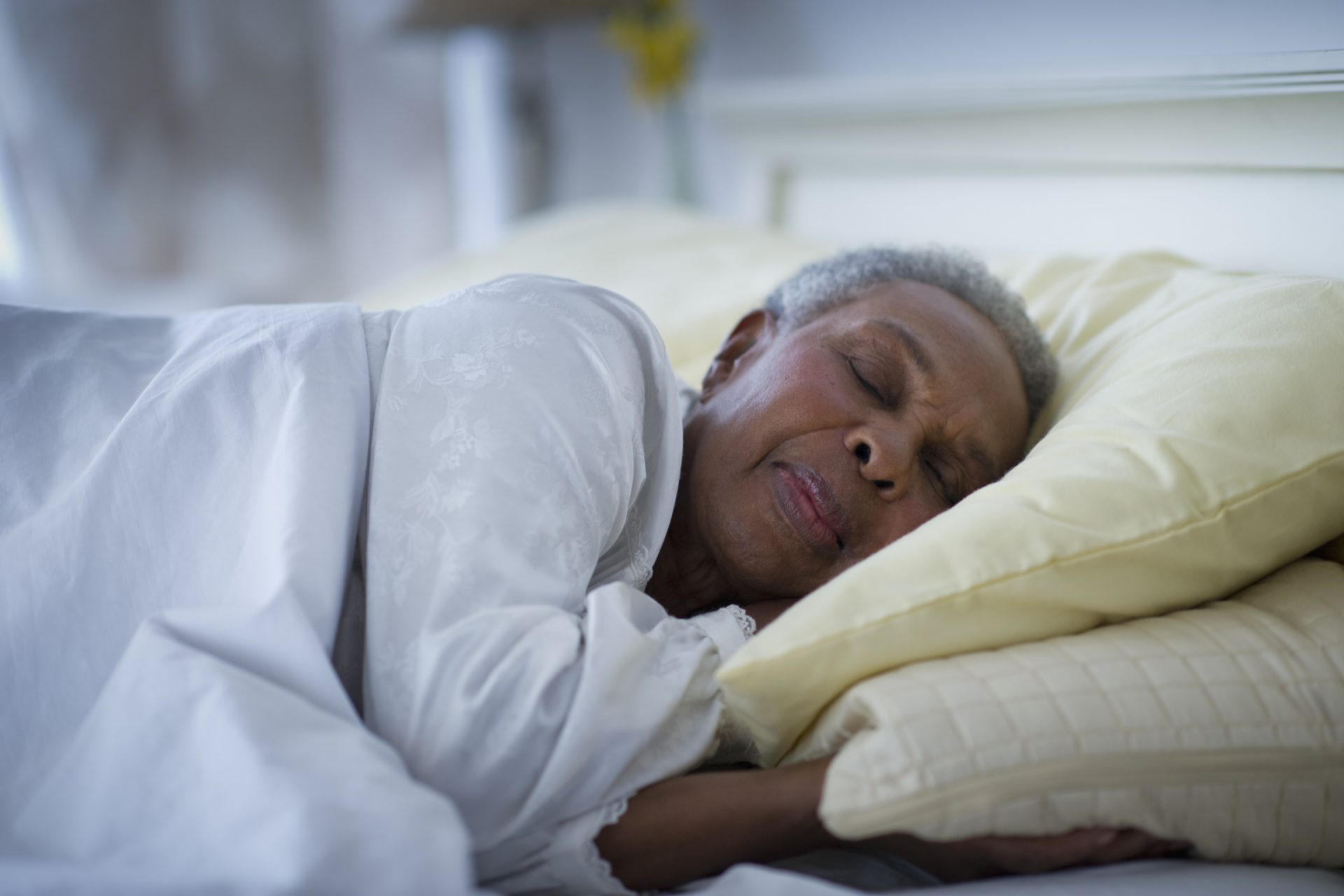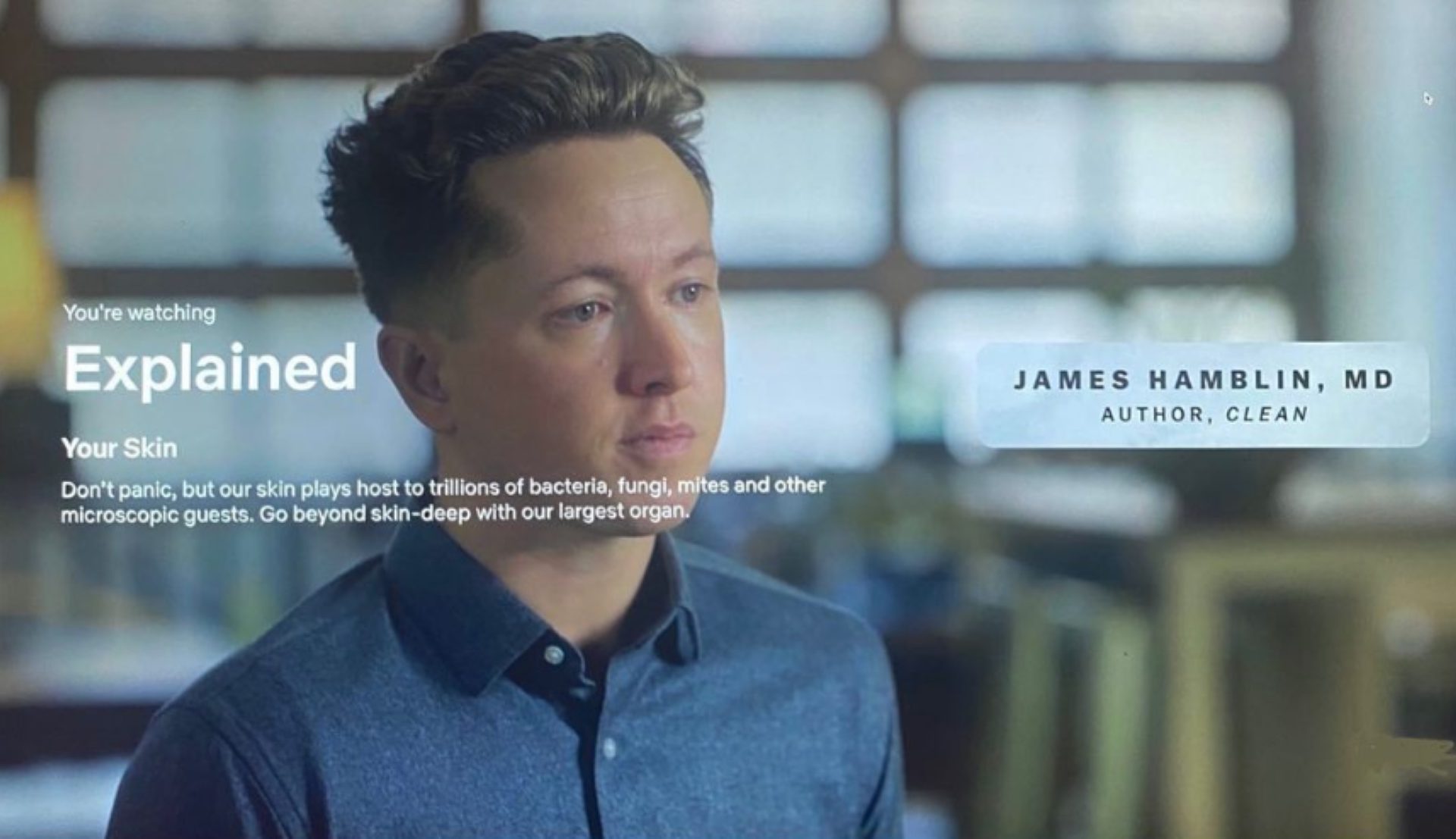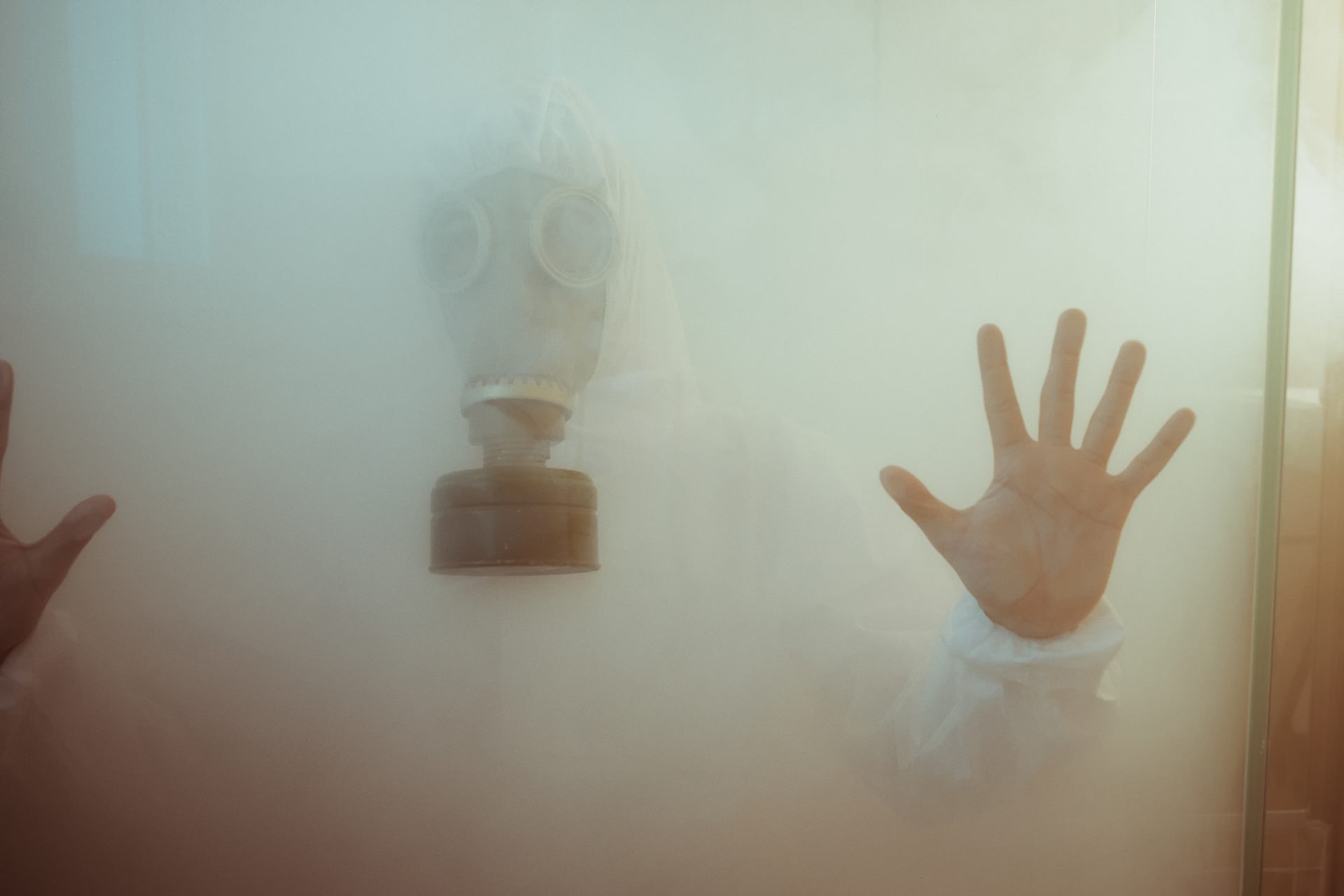Are you team clean or dirty? Is showering every day good for you?
In the soap-splattered battlefield of personal hygiene, a debate bubbles over whether to shower daily or not. Daily rinsers, with their arsenal of shampoos and loofahs, champion the invigorating and fragrant daily rinse. Meanwhile, the more au naturel side, touting the wisdom of water conservation, advocates for more occasional spritzes, claiming their skin and hair have never been happier. Who is right? Let’s dive in.
In a 2021 survey by YouGov, 62% of US respondents said that they showered at least once per day. A French poll conducted by BVA found a very similar proportion, with 57% of the population showering daily. In both countries, the populations are slightly tilted to daily washes.
For experts, whether or not daily showering is beneficial depends on how sweaty you get during your daily life, whether through work, exercise or your general level of sweatiness. Dermatologist Dr. Marisa Garshick told the New York Times that “it is important to rinse away the sweat and buildup that can contribute to clogged pores and breakouts.”
Another big factor in the wisdom of daily showering is if you have eczema, dry or sensitive skin. If so, experts say you should be careful about over-showering, which can make the conditions worse. Also, make sure to opt for gentle cleansers and avoid scalding hot water. If you must shower daily, experts say to consider applying soap only to the parts that need it.
Have you ever considered your towel technique? Probably not, but Seattle dermatologist Dr. Joyce Park told the New York Times that it’s important, especially for those with sensitive skin. She advises patting skin dry, not rubbing it, and then applying moisturizer to damp skin from head to toe.
Image: Andrea Piacquadio/Pexels
If you have a dry scalp or curly hair, you probably already know that washing it every day can cause frizz or exacerbate dryness. Experts recommend limiting shampooing to once or twice a week in those cases.
Shampooing your hair works by eliminating the buildup of products and excess oil. Dr. Garshick said that if you have naturally greasy hair, shampooing every day can be helpful.
But even the dermatological community is split. In another New York Times article, Dr. Shereene Idriss warned against washing your hair daily, no matter your hair type. “When it comes to your scalp health, I do not regularly recommend washing your hair every day,” she said, adding that it could lead “to irritation, inflammation and other scalp problems.” Hmmm…
Image: Pexels/Ale Green
Yes, your head can become a home for several types of unwanted fungi. These are typically yeasts, which thrive in warm, moist environments.
Especially if you have long hair, spending long periods of your life with wet hair can attract these fungi and help them thrive. If you shower a lot or are at risk otherwise, experts recommend not sleeping with wet hair and drying your hair after washing it.
Did you know dandruff isn’t caused by dry skin, but instead a yeast-like fungus that feeds on scalp oil? If you have dandruff, dermatologist Dr. Azadeh Shirazi recommends shampooing daily.
If you are worried about keeping your private parts squeaky clean, maybe you should also be worried about overcleaning them. Dermatologists advise using a very mild, fragrance-free cleaner around folds or the dangly bits. However, they say to ditch the soap entirely on the holes or the peeper, where water alone is recommended.
The average shower uses about 2.1 gallons (7.9 liters) of water per minute. If you shorten your shower by even just 2 minutes, you could save nearly 4.2 gallons (15.9 liters) of water each time. No shower at all? If more people were doing it, that would certainly save a lot of clean water.
For many, showering is about more than cleanliness or washing away the day’s stink. A meta-analysis of 17 studies found that taking an evening shower or bath in water between 104 and 108.5 F (40 and 42.5 C) improves sleep quality. Further, those who bathe or shower one to two hours before bedtime also fall asleep faster.
Conversely, cold showers, ideally taken in the morning, have been associated with various health benefits, including alleviating depressive symptoms, boosting metabolism, and enhancing circulation and immune function.
Dr. James Hamblin, a physician and journalist for The Atlantic, offers an unconventional take on personal hygiene. In his book ‘Clean: The New Science of Skin,’ he discusses his choice to stop showering since 2016 and what the science says about being clean, challenging the ingrained societal norms around daily showering. Also, while he may look like a teenager, he is 41. Could the non-showering be his secret?!
Image: jameshamblin/Instagram
As he explained in an interview with Yale Public Health, body odor is caused by an imbalance of bacteria, which he doesn’t get anymore. “A lot of reaction I hear from people is that if they stop showering, their skin and hair gets greasy and they feel awful. But it’s like training for a marathon. You can do it, but you have to have patience and go slow. The theory is these microbial populations on your skin change and eventually establish a healthy equilibrium.”
Image: Explained, Netflix
In an interview with NPR, he highlighted that people spend years of their lives showering, as well as small fortunes on soap and water. He distinguishes between hygiene—necessary for preventing germ spread—and cleanliness, which is heavily influenced by cultural norms.
Hamblin said that his research found that people’s health will not suffer from showering a lot less. Although the science of the microbiome is just emerging, he says that research suggests that eradicating microbes on your skin each day might even be bad for your overall health.
He also raises concerns about the lax regulation of the beauty industry, pointing out that certain petrochemicals used in soaps and shampoos, like sulfates, may pose risks to human health and the environment.
While the science is still very much unsettled here, in his book, Hamblin looked at Amish communities who do not use any modern personal care products and tend to have lower rates of allergies or other autoimmune conditions. “Part of that is the idea that they are exposed to a lot of microbes from living on farms and being exposed to animals and dirt and their siblings from an early age, which helps diversify their microbiome,” he told Yale.
Both Dr. Hamblin and the dermatologists who encourage showering every day in some circumstances agree on one thing — it’s all about finding what works for you and what makes you feel good.
More for you
Top Stories



